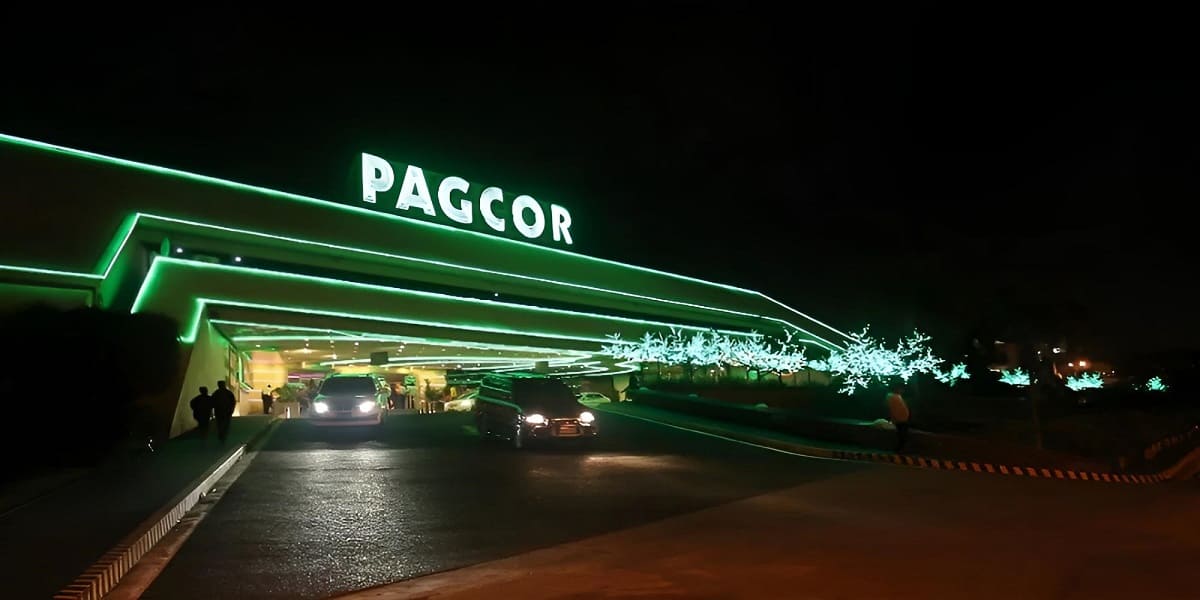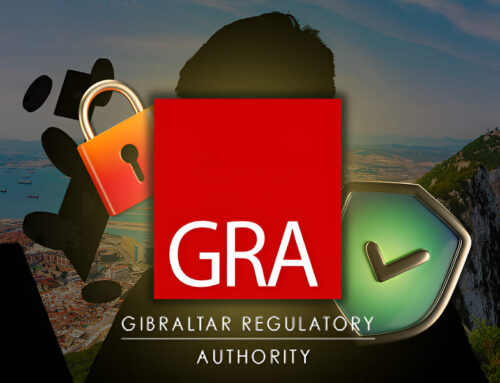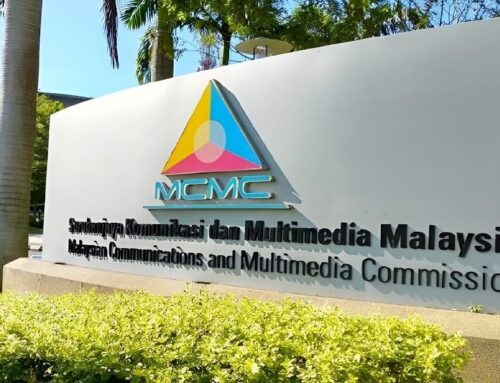Introduction to the Philippine Amusement and Gaming Corporation (PAGCOR)
PAGCOR (The Philippine Amusement and Gaming Corporation) is a government-owned company established in 1977 to regulate and operate legal gaming activities in the Philippines. As the country’s primary gaming authority, PAGCOR oversees casinos, e-games, sports betting, and offshore gaming operators (POGOs). It serves a dual role as both a regulator (licensing and monitoring gaming operators) and an operator (running its own casinos under the “Casino Filipino” brand).
PAGCOR is a major revenue generator for the Philippine government, funding critical programs in healthcare, education, and infrastructure. However, it also faces challenges, including controversies over offshore gaming (POGOs), regulatory conflicts, and problem gambling.
With the growing gaming industry in the Philippines, PAGCOR continues to evolve, balancing economic contributions, regulatory oversight, and social responsibility.
Philippine Amusement and Gaming Corporation (PAGCOR): Content and Focus Analysis
The Philippine Amusement and Gaming Corporation (PAGCOR) is a government-owned and controlled corporation (GOCC) established in 1977. It serves as the primary regulatory body for gaming and gambling operations in the Philippines, including casinos, e-games, and sports betting.
- Mandate: Regulate and license gaming operations while generating revenue for national socio-economic and developmental programs.
- Dual Role: Operator (runs its own casinos) and Regulator (oversees private gaming entities).
- Key Revenue Source: A major contributor to government funds, supporting infrastructure, health, and education initiatives.
Core Functions and Responsibilities
PAGCOR’s operations can be categorized into three main areas:
- Regulation and Licensing
- Casino Licensing: Grants licenses to integrated resorts (Entertainment City in Manila).
- Online Gaming Regulation: Oversees Philippine Offshore Gaming Operators (POGOs), a controversial but lucrative sector.
- Anti-Money Laundering (AML) Compliance: Ensures gaming operators follow financial regulations.
- Casino Operations
- PAGCOR-owned Casinos: Operates several casinos nationwide under the “Casino Filipino” brand.
- Entertainment & Tourism: Promotes tourism through integrated resorts and entertainment complexes.
- Corporate Social Responsibility (CSR)
- Revenue Allocation: A significant portion of earnings funds government projects, including:
- Healthcare (funding for PhilHealth)
- Education ( classroom construction)
- Disaster relief and infrastructure
- Revenue Allocation: A significant portion of earnings funds government projects, including:
PAGCOR’s Economic Impact
- Revenue Generation: Contributed ₱76 billion (2023) to government coffers.
- Employment: Directly and indirectly employs thousands in the hospitality and gaming sectors.
- Tourism Boost: Attracts high-roller gamblers, especially from China and Southeast Asia.
Key Challenges and Controversies
Despite its contributions, PAGCOR faces criticism and challenges:
- POGO Controversies
- Crime & Illegal Operations: Links to human trafficking, scams, and tax evasion.
- Regulatory Scrutiny: Calls for stricter oversight or outright bans on offshore gaming.
- Conflict of Interest
- Operator-Regulator Dilemma: PAGCOR runs its own casinos while regulating competitors, raising fairness concerns.
- Privatization Debates: Some lawmakers advocate privatizing PAGCOR’s casino operations to improve transparency.
- Problem Gambling & Social Issues
- Addiction Concerns: Critics argue PAGCOR should enforce stricter responsible gaming measures.
Future Outlook & Reforms
- Digital Transformation: Expansion into online gaming and stricter cybersecurity measures.
- Regulatory Reforms: Possible separation of regulatory and operational roles.
- Sustainable Growth: Balancing profitability with social responsibility.
Conclusion PAGCOR
PAGCOR plays a vital role in the Philippine economy, but its dual function as operator and regulator presents challenges. Reforms in transparency, anti-corruption measures, and responsible gaming policies will shape its future.
Yes, but only for PAGCOR-licensed operators. Unlicensed online gambling is illegal. PAGCOR also promotes responsible gaming policies.
There have been proposals to privatize PAGCOR’s casino operations to improve transparency. However, no final decision has been made.
Criticisms include:
- Conflict of interest (regulator + operator roles).
- POGO-related crimes (scams, human trafficking).
- Problem gambling concerns.
Some lawmakers want PAGCOR to stop operating casinos and focus only on regulation.
PAGCOR is a major revenue source for the government. In 2023, it contributed ₱76 billion to national funds, supporting:
- Healthcare (PhilHealth)
- Education (classroom construction)
- Infrastructure & disaster response
No. Aside from running Casino Filipino branches, PAGCOR also:
- Licenses private casinos (Resorts World Manila, City of Dreams).
- Regulates e-games, sports betting, and online gaming.
- Funds CSR programs (schools, hospitals, disaster relief).
PAGCOR regulates Philippine Offshore Gaming Operators (POGOs), which cater to foreign players. However, POGOs have faced controversies over illegal operations, tax evasion, and crime, leading to calls for stricter oversight.
Yes, PAGCOR is a government-owned corporation (GOCC) under the Office of the President. While it operates like a business, its profits fund national development programs.
PAGCOR has a dual role:
- Regulator: Licenses and oversees casinos, e-games, and POGOs.
- Operator: Runs its own casinos under the “Casino Filipino” brand.
It also generates revenue for government projects (healthcare, education, infrastructure).
PAGCOR (Philippine Amusement and Gaming Corporation) is a government-owned and controlled corporation established in 1977. It serves as the primary regulator and operator of legal gambling activities in the Philippines, including casinos, e-games, and offshore gaming (POGOs).





